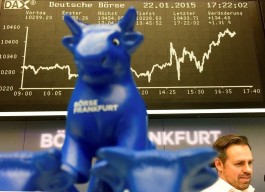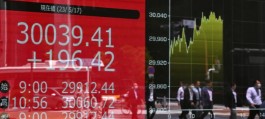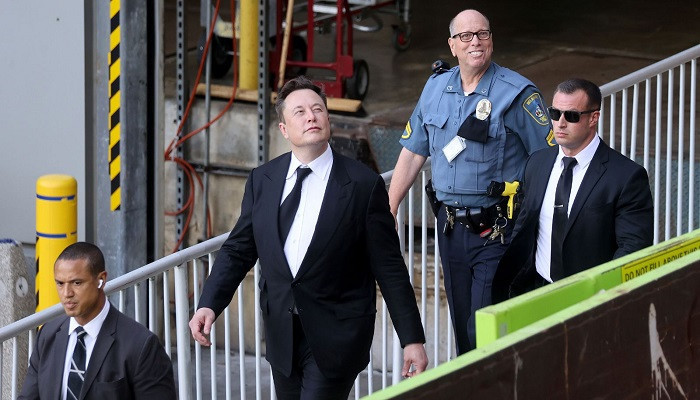After two days of impeachment, the billionaire founder of Tesla Electric Vehicle Company, Elon Musk, made the case for the 2016 acquisition of SolarCity, of which Musk was a shareholder. And at Tesla at the same time, and the company's financial suffering later emerged after the deal.
Musk said during the impeachment that Tesla acquired SolarCity for one primary reason: to become more than just a car company, according to the Wall Street Journal.
The deal was worth more than $2.1 billion and triggered a shareholder lawsuit against Musk.
Vice Counsel Joseph Slates, the lead judge in the shareholder lawsuit, questioned the reason for the deal, especially since Tesla itself was facing headwinds, and had its own problems, with it. time.
Musk replied, "The goal is not to be a car company, as there are already many, but the electric car company is as much a part of a sustainable energy future as solar storage is." and fixed.
The lawsuit accuses Elon Musk of controlling the acquisition with a financial interest in both companies, and says several of its managers had conflicting interests and that Tesla overpaid for Soler. City.
Musk's response was that he was not involved in the acquisition decision or price negotiations and distanced himself from the shareholder vote.
Sollar City was founded by Musk's cousins, the latter being its chairman and largest shareholder at the time. Prosecutors, who include pension funds that own Tesla shares, described the deal as a scheme to benefit Musk and bail out the near-bankrupt solar home company.
Shareholders also claim that Musk and Tesla did not accurately disclose during the acquisition how close Solar City was to bankruptcy.
Musk replied that SolarCity could have raised capital, but it wasn't easy to tap the markets while Tesla's bid for the company was on hold.
Musk also responded to his accusation of controlling the decisions of the board of directors and executives, that his shares in Tesla do not have additional rights as do companies such as Ford Motors and Facebook.
If Musk loses the case, he may be required to pay the equivalent of the transaction value.






































